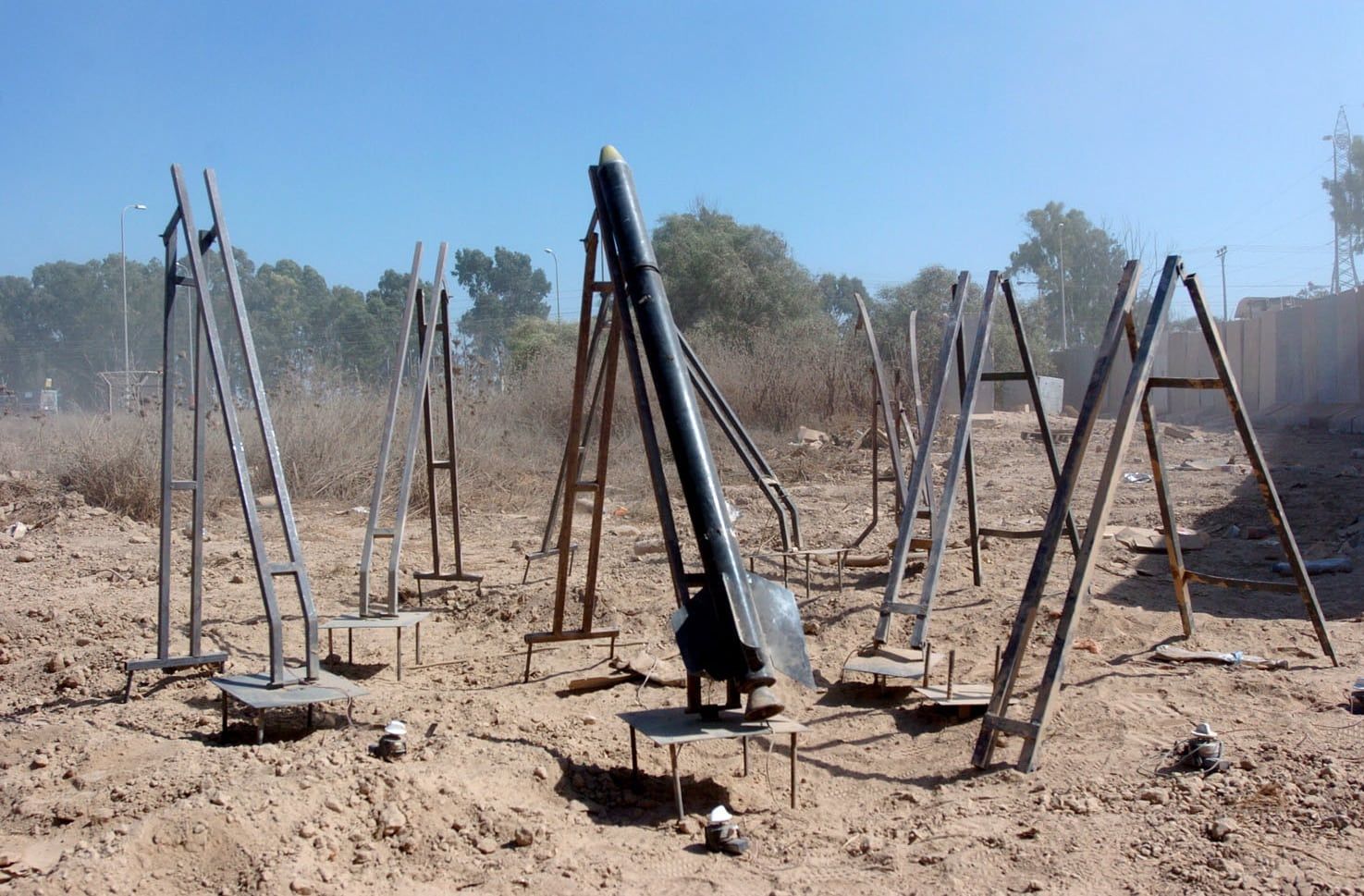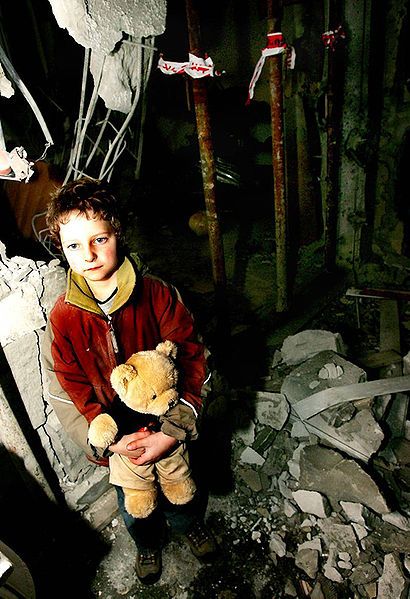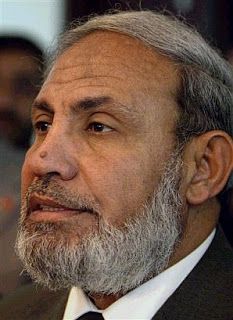 The Associated Press has minimized the dangers posed by Qassam rockets. In an article headlined “Israel Fires Missiles Into Abbas’ Compound,” the AP understates, the threat posed by Qassam rockets:
The Associated Press has minimized the dangers posed by Qassam rockets. In an article headlined “Israel Fires Missiles Into Abbas’ Compound,” the AP understates, the threat posed by Qassam rockets:
“The Israeli air-strike came in response to homemade Palestinian rocket attacks on southern Israel.”
The word “homemade” is a strange term to use. These rockets are manufactured in industrial areas or have been transported across the porous Gaza-Egyptian border. While Qassam Rockets are not the most sophisticated military weapon, they do require both expertise and dedicated locations to manufacture. Although the Palestinians have located many of the Qassam “labs” within residential areas, the notion that these are some type of “homemade” devices is misleading.
Qassam rockets can be quite dangerous. There have been hundreds of rocket attacks on Israeli territory launched from Gaza in the last three years. To see video of a Qassam being launched click here.
- June 28, 2004 The first fatal Qassam rocket attack occurred in Sderot. A man and a 4 year old boy were killed, and 7 others were wounded (including the boy’s mother). Hamas claimed responsibility.
- September 29, 2004 Two toddlers were killed by a Qassam rocket fired from Gaza. Hamas claimed responsibility.

A little Israeli boy standing in his house that was destroyed by Qassam rocket - January 21, 2005 A fifth Israeli died from wounds sustained during a Qassam rocket attack in Sderot.
- July 14, 2005 Dana Galkovitch, a 22-year-old Israeli, was killed in a Qassam attack in the Netiv Ha’asara kibbutz, just north of the Gaza Strip.
- September 24, 2005 Five Israelis were injured when Palestinian terrorists launched about 30 rockets on Israeli communities from the Gaza Strip.
- February 3, 2006, A Qassam rocket struck a family’s house in the western Negev village of Kibbutz Karmiya, injuring four people, including a 7-month-old baby.
- March 28, 2006 A Qassam rocket killed two Israeli-Arab shepherds in Kibbutz Nachal Oz.
- April 6, 2006 Nine Qassam rockets were fired at Israel. One hit a factory in Kibbutz Zikim causing a fire.
When the Associated Press understates the deadly nature of Qassam rockets by using words like “homemade” they are implying that these weapons are something less than deadly instruments of terror. Ask the Associated Press to stop minimizing the threat posed by Qassams: [email protected].
 The AP headline “Palestinian Tells UN His People Want Peace” implies that Hamas has moderated its stance on Israel. CNN adds that a “Hamas official suggests ‘two-state’ solution” which also seems to indicate a change in Hamas’ stance.
The AP headline “Palestinian Tells UN His People Want Peace” implies that Hamas has moderated its stance on Israel. CNN adds that a “Hamas official suggests ‘two-state’ solution” which also seems to indicate a change in Hamas’ stance.
The headlines refer to vague wording in a letter that Mahmoud Zahar, the new Palestinian foreign minister, sent to U.N. Secretary-General Kofi Annan. The vague wording is:
“Like all other people in the world, we look forward to live in peace and security and for our people to live a dignified life in freedom and independence, side by side with our neighbors in this sacred part of the world.”
However, Zahar has denied that he in any way recognized Israel’s right to exist. An official in Zahar’s office said there was “not even a hint” of such a statement in the letter. The “neighbors” in the letter do not include the State of Israel.
Here is what Foreign Minister Zahar told Chinese reporters on April 1, 2006:
“I dream of hanging a huge map of the world on the wall at my Gaza home which does not show Israel on it. I hope that our dream to have our independent state on all historic Palestine. This dream will become real one day. I’m certain of this because there is no place for the state of Israel on this land.”
Zahar also gave an interview on March 26, 2006, where he said:
“Even if the US gave us all its money in return for recognizing Israel and giving up one inch of Palestine, we would never do so even if this costs us our lives.”
Why are some in the media trying to put the most positive spin on Hamas’ words when Hamas itself is quite clear about their policy toward Israel?
Let the Associated Press and CNN know that they should have put Zahar’s words in context by contacting: [email protected] and CNN’s comment page.
(Image of qassam rockets via Wikimedia Commons/IDF, Image of boy via Wikimedia Commons/Edi Israel, Image of Mahmoud Zahar via Israel Matzav/Carl)

